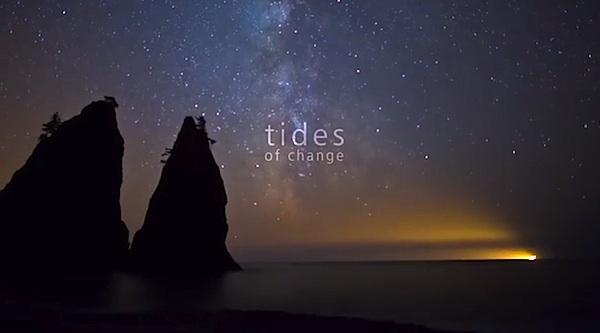
What impact is climate change having on the coastal areas of Olympic National Park? The following 14-minute video takes a look at that question.
Climate change will have many of its first impacts to our coasts and intertidal communities. This film highlights Dr. Steven Fradkin, coastal ecologist at Olympic National Park and his work monitoring intertidal life.



Comments
Damn those 97% of climate scientists for pushing the hoax that climate change over recent years is linked to human causes.
Rick,
As often as you repeat that myth, it won't be true.
Here is an analyses of the origins of that 97% number. Bottom line, only 1-3% of the scientists in the various studies explicitly agreed with the IPCC position that man is the primary cause of global warming.
http://www.friendsofscience.org/assets/documents/97_Consensus_Myth.pdf
Don't tell me, denier-guy. Tell NASA their science is bad.
I've researched Friends of Science, and won't bother with any of their end product.
Of course you won't bother with their end product. You can't dispute their work but you don't like their conclusion.
Whatever you wanna say, denier-guy. G'nite for now.
In climate change news circles....
http://www.nytimes.com/2014/03/21/business/in-a-shift-exxon-agrees-to-re...
http://www.nytimes.com/2014/03/18/science/scientists-sound-alarm-on-clim...
http://www.independent.co.uk/environment/climate-change/official-prophec...
Kurt,
More of the chick little doomsday stuff. The global warming/climate change models have been so far off the mark in the past. Why would you believe their predictions of the future would be any more accurate?
EC, I linked to those stories to further the conversation. But beyond that, you have to agree the weather of late, across the globe, has been a bit, uh, bizarre:
http://en.wikipedia.org/wiki/2013_extreme_weather_events
http://www.motherjones.com/environment/2014/02/world-begins-2014-unusual...
From my climate-change studies, such bizarre swings in the "weather" are all part of the climate-change model.